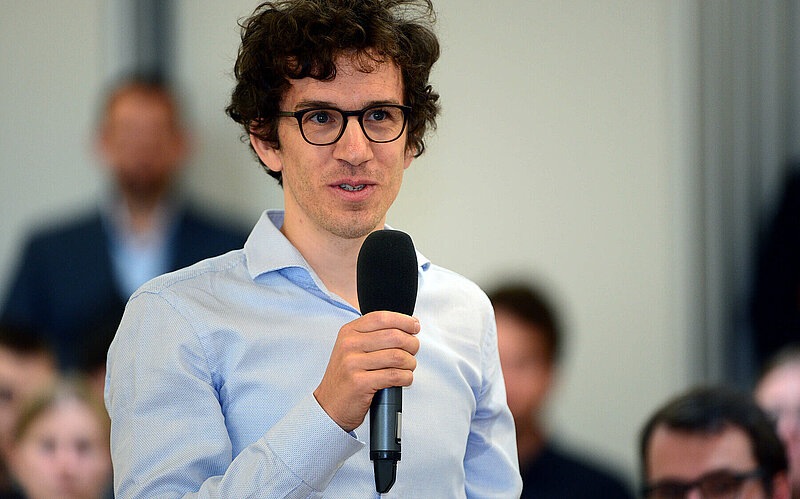
Article by Lukas Graf and co-authors compares German and Swiss systems of collective skill formation.
A new paper co-authored by Assistant Professor of Educational Governance Lukas Graf compares the development of the German and Swiss systems of collective skill formation – often company-based apprenticeship training – going back to the early 20th Century. Although the two systems are quite similar, the authors write, trade unions have played a stronger role in Germany, while employers have been stronger in Switzerland, causing some key differences in the development of these vocational education training (VET) systems over time, the authors write.
“In the ‘liberal’ Swiss system, apprentices earn less and spend more time on productive tasks. In contrast, in the ‘social’ German system, net training costs for firms are higher, and apprentices spend more time in vocational schools,” the authors write, adding that, “German unions also play a central role in monitoring firms’ training activities, while in Switzerland this task is left to cantonal VET offices.”
The paper, “Social versus liberal collective skill formation systems? A comparative-historical analysis of the role of trade unions in German and Swiss VET”, was published in April 2019 in the European Journal of Industrial Relations. Co-authors are Patrick Emmenegger of the Universität St. Gallen and Alexandra Strebel of the Eidgenössisches Hochschulinstitut für Berufsbildung. For their governance analysis, the authors created a new comprehensive database of the Organisationen der Arbeitswelt (OdA, Organizations of the World of Work).
